CURRENCY
BUSINESS OPPORTUNITIES IN GHANA
GHANA

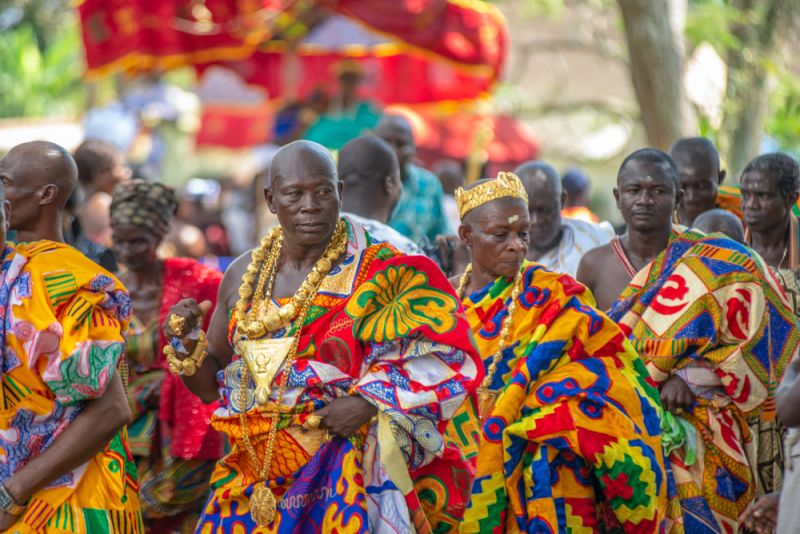
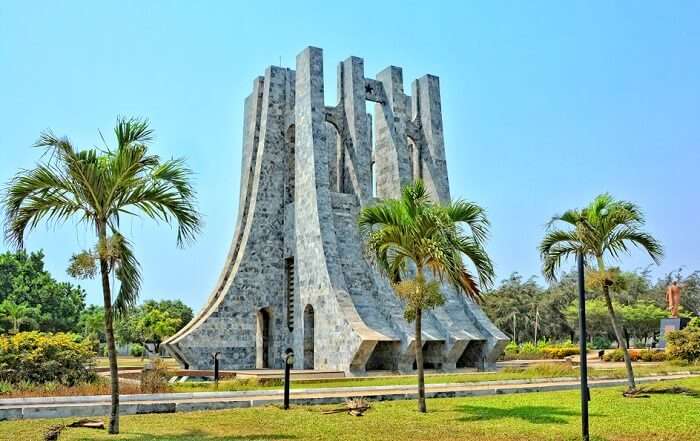
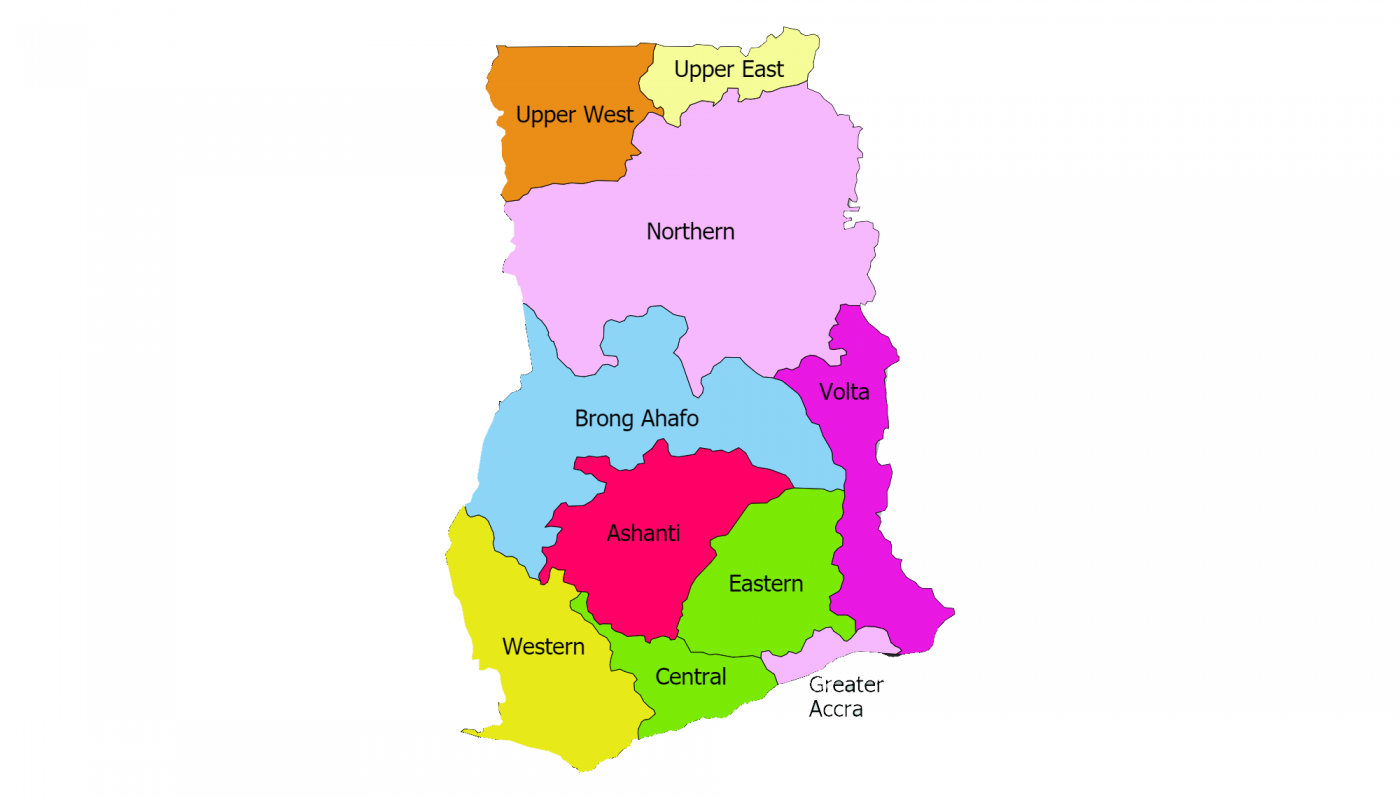
FLAG
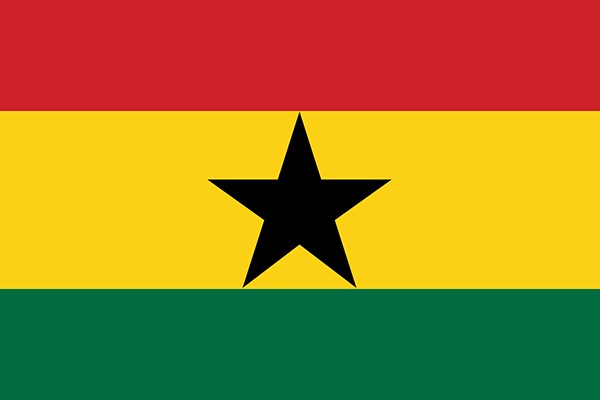
GHANA
CAPITAL CITY
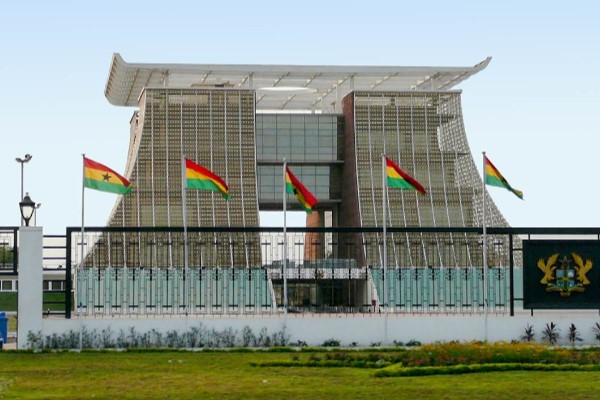
ACCRA CITY
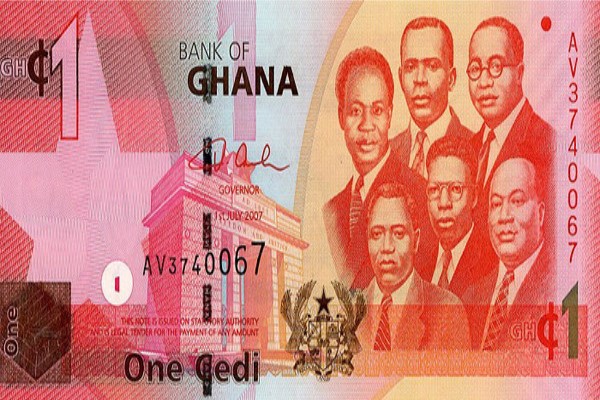
GHANAIAN CEDI
Language

Population

3.17 CRORES
Country
Calling Code

+233
LOCATION:
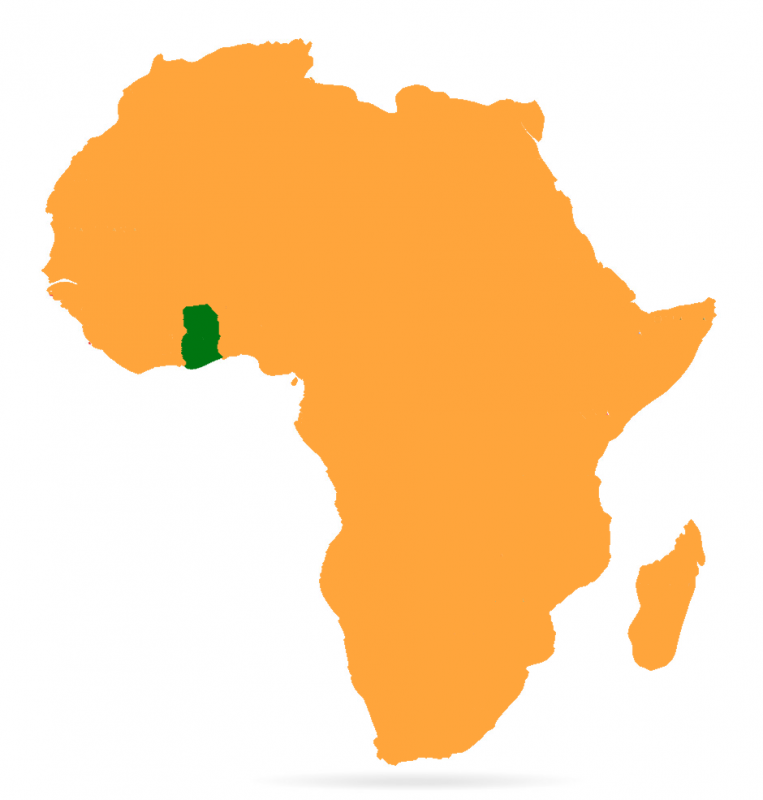
west Africa
BORDER COUNTRIES:
IVORY COAST
BURKINA FASO
TOGO
ABOUT GHANA
Ghana is a West African nation bordered by Côte d’Ivoire, Burkina Faso, Togo, and the Atlantic Ocean. With a population of approximately 35 million as of 2025, its capital, Accra, serves as the political and economic hub. The official language is English, and the Ghanaian cedi (GHS) is the national currency.
Ghana’s economy is diverse, encompassing agriculture, mining, oil and gas, manufacturing, and services. The country is renowned for its political stability, democratic governance, and commitment to economic reforms, making it an attractive destination for investors.
GEOGRAPHY & INFRASTRUCTURE
Ghana boasts a strategic location with access to the Atlantic Ocean, facilitating trade and commerce.
Airports & Air Connectivity
- Kotoka International Airport (Accra): The primary international gateway, offering flights to major global destinations.
- Kumasi International Airport: Serving the Ashanti region with domestic and limited international flights.
- Tamale International Airport: Catering to the northern regions, enhancing connectivity
Ports & Trade
- Port of Tema: Ghana’s largest port, handling a significant portion of the country’s imports and exports.
- Port of Takoradi: A key port for bulk cargo, especially for the mining and oil industries
TAXATION & BUSINESS ENVIRONMENT
- Corporate Tax Rate: 25%
- Value Added Tax (VAT): Standard rate of 15%, with additional levies including the National Health Insurance Levy (2.5%), Ghana Education Trust Fund Levy (2.5%), and COVID-19 Health Recovery Levy (1%)
Ghana offers various tax incentives for businesses operating in specific sectors or regions, including tax holidays and reduced rates. The Ghana Investment Promotion Centre (GIPC) serves as a one-stop shop for investment facilitation.
TYPES OF BUSINESSES THAT CAN BE STARTED IN GHANA
Agriculture
Agriculture remains a cornerstone of Ghana’s economy, employing a significant portion of the population. Opportunities exist in commercial farming, agro-processing, and the export of commodities like cocoa, cashew, and horticultural products.
Mining
Ghana is Africa’s top gold producer, with gold exports valued at $15.6 billion in 2023 . The country also has substantial reserves of bauxite, manganese, and diamonds, presenting opportunities in exploration and value addition.
Oil & Gas
The discovery of offshore oil reserves has positioned Ghana as an emerging player in the oil and gas sector. Investment prospects include upstream exploration, midstream infrastructure, and downstream services.
Manufacturing
Ghana’s industrial sector offers potential in areas such as food and beverage processing, textiles and garments, pharmaceuticals, and construction materials. The government’s industrialization agenda supports local manufacturing initiatives.
Renewable Energy
With a growing demand for electricity, Ghana is investing in renewable energy sources, particularly solar and wind. Incentives are available for projects that enhance energy access and sustainability.
Tourism
Ghana’s rich cultural heritage, historical sites, and natural attractions make it a promising destination for tourism development. Opportunities exist in hospitality, eco-tourism, and cultural tourism ventures.
ADVANTAGES OF STARTING BUSINESS IN GHANA
- Political Stability: Ghana is known for its democratic governance and peaceful transitions of power.
- Strategic Location: Access to regional markets within the Economic Community of West African States (ECOWAS).
- Skilled Workforce: A growing pool of educated and English-speaking professionals.
- Investment Incentives: Tax holidays, customs duty exemptions, and investment guarantees.
- Improved Infrastructure: Ongoing developments in transportation, energy, and telecommunications.
BUSINESS OPPORTUNITIES FOR INDIANS IN GHANA
Indian investors can explore opportunities in:
- Pharmaceuticals: Manufacturing and distribution of generic medicines.
- Agricultural Machinery: Supply of equipment and technology for modern farming.
- Information Technology: IT services, software development, and digital solutions.
- Education: Establishment of schools, colleges, and vocational training centers.
- Textiles and Garments: Setting up manufacturing units for local and export markets.
- Renewable Energy: Development of solar and wind energy projects.
IMPORTS & EXPORTS
Major Exports from Ghana
- Gold: $15.6 billion in 2023
- Crude Petroleum: $5.13 billion
- Cocoa Beans: $1.09 billion
- Manganese Ore: $501 million
- Cocoa Paste: $440 million
Major Imports to Ghana
- Petroleum Oils: $4.91 billion
- Motor Vehicles: $550 million
- Machinery and Equipment: Significant imports for industrial use
- Pharmaceuticals: Essential medicines and health products
- Food Products: Including rice, sugar, and wheat
MANUFACTURING
Ghana’s manufacturing sector is poised for growth, with opportunities in:
- Agro-Processing: Adding value to agricultural produce for domestic consumption and export.
- Textiles and Apparel: Reviving the textile industry to meet local and international demand.
- Construction Materials: Production of cement, steel, and other building materials.
- Pharmaceuticals: Local manufacturing to reduce dependency on imports.
KEY ECONOMIC INDICATORS
- GDP: $76.6 billion
- GDP Growth Rate: 2.9%
- Inflation Rate: Approximately 42.2%
- Ease of Doing Business Rank: Ghana has implemented reforms to improve its business environment
For comprehensive support in entering the Ghanaian market—including due diligence, company registration, market strategy, and office space—Opesh Group is your trusted partner to ensure a smooth business setup.
Contact us: Call/WhatsApp +91-8094607111
MOST RECENT VIDEOS
SIGN UP TODAY
Get our exclusive content and offers in your inbox










